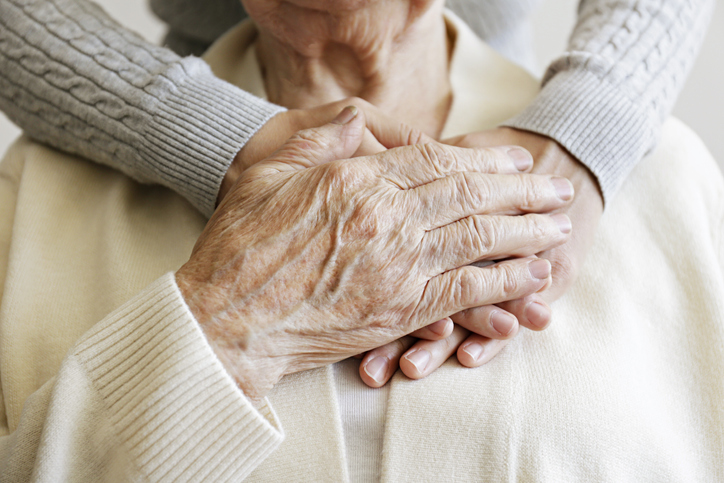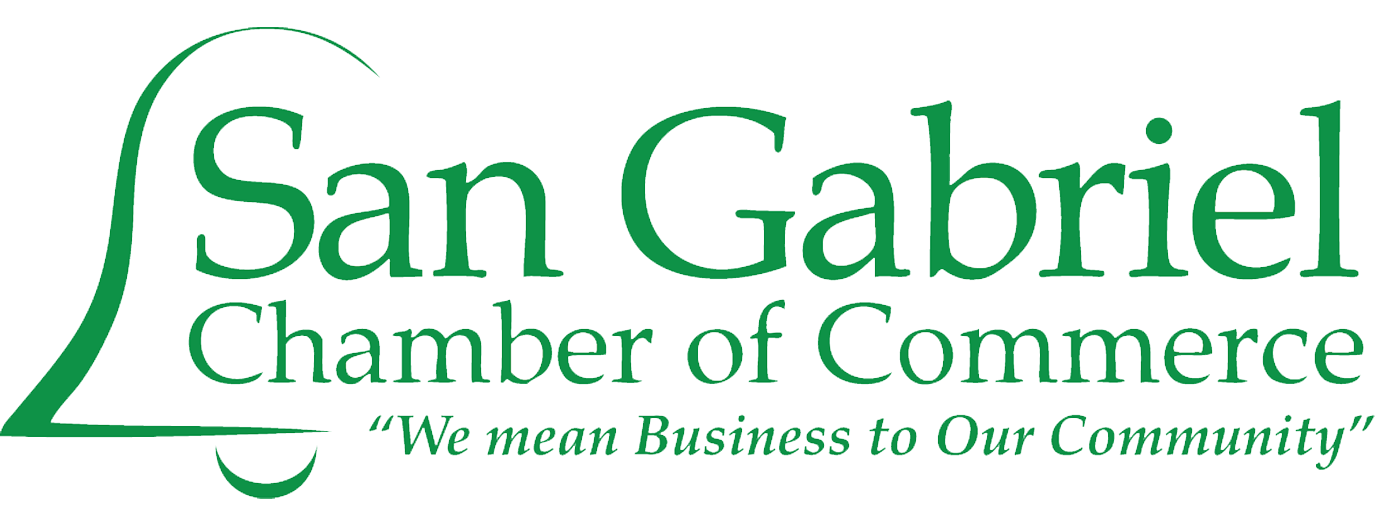
If you are unsure if your loved one needs assisted living, here are 11 signs that your loved one is ready to move into an Arcadia retirement community. Today, more than 300,000 older adults live in assisted living communities. As no surprise, the elderly want to remain independent so understandably, choosing to put your loved one in an arcadia retirement community requires a lot of thought.
Questions like ‘Will the Arcadia retirement home you choose, cover your loved one’s future healthcare needs?’ are bound to come up. If you’re considering this option for your loved one, these 11 signs will help you decide if it’s time.
1. Do they require support with their daily activities?
Recognizing if an elderly loved one needs help with their daily activities can be challenging. However, some signs to look out for may indicate they are struggling. Some common indicators include:
- Difficulty with tasks that were once easy, such as dressing, bathing, or grooming
- Forgetfulness or confusion
- Difficulty with mobility, such as walking or climbing stairs
- Unusual weight loss or malnutrition
- Difficulty managing medications
- Signs of neglect, such as dirty clothes or an unkempt appearance
- Difficulty with managing finances or paying bills
It’s important to note that these signs could be caused by other factors besides a decline in function, so it’s essential to consult a doctor to determine the cause and best course of action. If you suspect that your loved one may need help with their daily activities, it’s crucial to have an open and honest conversation about the types of assistance they may need and how to provide that support best.
2. Do they want to socialize more?
If your loved feels isolated living at home, assisted living facilities encourage participation in fun activities like group outings, language classes, art studios and game nights. In assisted living settings, seniors often make friends with the other people who live there, preventing them from becoming isolated and increasing their chances of participating in life-enhancing and festive activities.
3. Do they need care coordination?
Some assisted residences even have professional doctors on site to attend to your loved one’s health checkups. Residents with delivery to nearby appointments can still see their doctors and caregivers. Additionally, support staff can share insights from meetings with caregivers and families to inform and engage them.
4. Are they having trouble doing housework?
Older people with disabilities and their caregivers can be overwhelmed by daily tasks and home care. It has helped communities overcome these liabilities by providing services such as:
- Cleaning the bathroom, kitchen, and living room
- Bedmaking
- Bathroom cleaning
- Laundry service
- Room service
5. Is general home care more than your loved one is able to manage?
Though your elderly loved one may enjoy the work of being a homeowner, there’s still much work to do. Home renovations can be complicated and costly, involving many steps that could hurt your loved one. An assisted living community is responsible for the following and more:
- Cleaning the driveway
- Repair of roofing, coverings and windows
- Plumbing and electrical installation
- Painting the room
- Raking
- Landscaping of the front yard
6. Are they getting enough nutrition?
Many seniors need more energy or physical ability than they are currently able to provide for themselves. Also, preparing meals can become more difficult as you get older or for loved ones who can’t move about their kitchen.
Here are some of the food options that are common in assisted living:
- Meal
- Diet services
- Presentation of a nutritionist
- Canteens where you can connect with other seniors
7. Can you still provide adequate long-term care?
Being a caregiver is a huge time investment and you deserve to spend that time making memories with your aging family member or loved one, not spending it focusing on their day-to-day care while still managing your own job and life.
Take an honest assessment of your life and determine if you have the bandwidth to support your elderly loved one as their caregiver or if you should invest in the Arcadia senior living cost for your loved one.
8. Are they having trouble maintained their mental health?
Older adults need to continue stimulating their brains, which can be hard to do if they live alone and are not mobile enough to leave their homes.
It is also essential to take stock of how the care affects you. In these situations, your other loved ones can act as a source of accountability to protect your sanity. Caregivers are often the last to feel their burnout and fatigue.
9. Does their doctor recommend an assisted living residence?
In some cases, caregivers and the elderly may need a medical examination. In these situations, seeking advice from your loved one’s doctor can provide much-needed information about whether they are a good candidate for an arcadia retirement community.
Seniors trust healthcare professionals. The Pew Research Center surveyed in 2019 and found that seniors trust their doctors more and seek medical advice more than people of other ages.
10. Is your own mental and physical health suffering?
Don’t ever forget about your own mental health! You should ask yourself the following questions:
- Do you feel ok?
- How do you feel about your elderly loved one?
- How do you feel about your own life?
- Are you getting enough sleep?
- Does your elderly loved one enjoy spending time with you?
A caregiver who consistently answers these questions negatively may need to leave full-time caregiving.
As a result of stress, older adults’ health can be negatively affected, and caregiver burden and long-term relationships with caregivers can be adversely affected. Being a good child or friend to your elderly loved one doesn’t mean forgetting about yourself and your mental and physical well-being. If you’re developing health problems, it might be a sign that you should look into assisted living for your loved one.
11. Is your loved one too independent?
More advanced care can also benefit seniors with dementia, wounds at stage 3 or 4, and fragile diabetes.
It is common for assisted older adults to be independent, but they may require assistance like showering, taking medicine, maintaining their dental hygiene and performing other daily tasks. Nursing staff usually conduct a needs assessment if a loved one is flourishing in their assisted living daily life. Socialization and mental stimulation can be why the elderly choose a supported lifestyle.
Looking for an Arcadia retirement community?
If you’re looking for an Arcadia retirement community, look no further than Trinity Hill Estates where a team of dedicated staff of nursing and elderly care workers wait to provide your loved one with the care they deserve. When you choose Trinity Hill Estates, you invest in your loved one’s physical and mental well-being and joy. We look forward to meeting you and discussing your loved one’s care needs.





